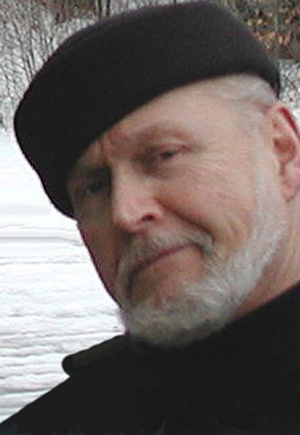The Golden Age of Science Fiction: Barry B. Longyear

Peter Graham is often quoted as saying that the Golden Age of Science Fiction is 12. I was reminded of this quote last year while reading Jo Walton’s An Informal History of the Hugo Awards (Tor Books) when Rich Horton commented that based on Graham’s statement, for him, the Golden Age of Science Fiction was 1972. It got me thinking about what science fiction (and fantasy) looked like the year I turned twelve and so this year, I’ll be looking at the year 1979 through a lens of the works and people who won science fiction awards in 1980, ostensibly for works that were published in 1979. I’ve also invited Rich to join me on the journey and he’ll be posting articles looking at the 1973 award year.
The John W. Campbell Award for Best New Writer was established by the publishers of Analog magazine in 1973 shortly after Campbell’s death. Eligibility for the award begins with an author’s first professional sale and runs for two calendar years. This stipulation has meant that some major authors who didn’t make a splash at the beginning of their career were not eligible for the award when people began to recognize their names. The award may be given out on the bases of either short fiction or novels.
The John W. Campbell Award are currently administered by the Hugo Award committee on the same ballots and is presented at the Hugo Award ceremony at Worldcon, but it is emphatically not a Hugo, to the extent that some joke the awards name is the John W. Campbell-not-a-Hugo Award.
Prior to the establishment of the award, the Hugos did, on occasion, recognize new authors. In 1953, Philip José Farmer won the Hugo Award for New Author and Robert Silverberg won the award in 1956. The award was attempted in 1959, but the (not-insignificant) authors on the ballot, including Brian W. Aldiss, Paul Ash/Pauline/Ashwell (appearing separately under both bylines), Rosel George Brown, Louis Carbonneau, and Kit Reed, lost out to No Award.